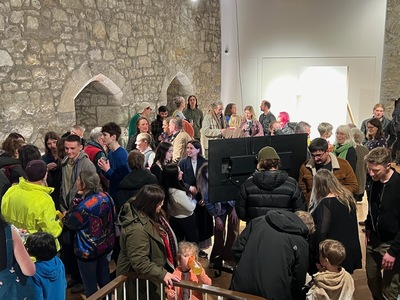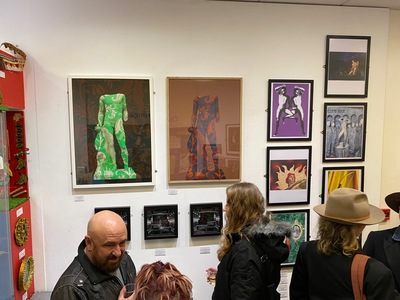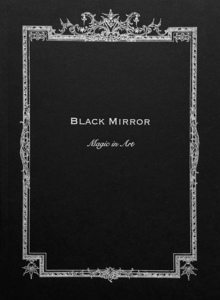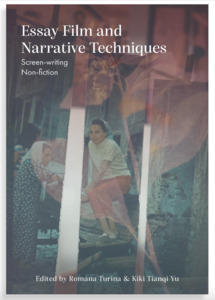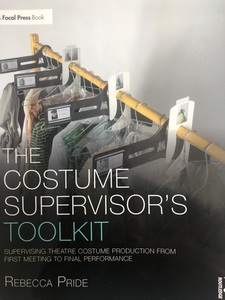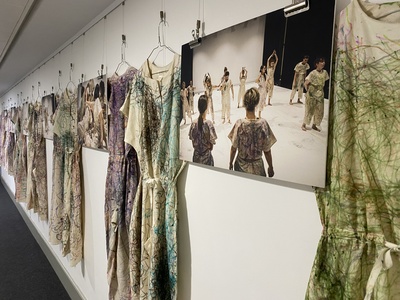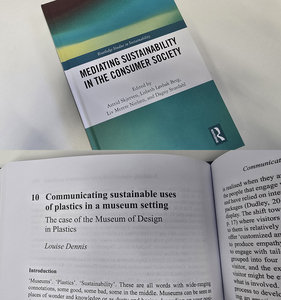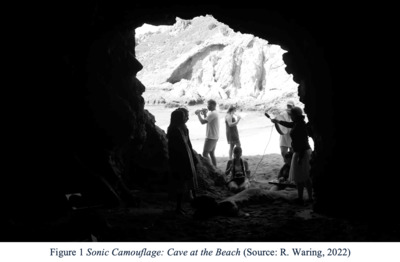In this interdisciplinary examination of the cultural history of islands, the author draws upon folklore, mythology, literature, popular culture, and environmental science to delve into humanity’s long fascination with islands. Drawing upon extensive field research undertaken exploring islands off the coast of Britain (Iona; Lundy; Bardsey; Isles of Scilly; Isle of Man; Holy Island; St Michael’s Mount; Isle of Wight; the Western Isles), which included a week’s solo writing retreat on the tiny Bardsey Island off the tip of the Llyn Peninsula, northwest Wales; as well as archival research pouring over early accounts of explorers; the experiential research as a professional storyteller enthralling audiences with tales of magical islands; and the latest climate science on the impact of Global Warming on sea levels and migration; Lost Islands attempts to understand our collective fascination with islands, real and imaginary. The way we have tendency to narrativize islands, projecting our desires and fears upon them (a tendency with antecedents back to the earliest of literature, such as the ‘echtrai’ or wonder voyages of Celtic saints such as St Brendan), show that an island can be an act of the imagination as well as a geographical fact. Interweaving erudite analysis with personal embodied anecdote, and an interdisciplinary approach, Lost Island challenges the islandisation of disciplines and traditions. A study of the littoral and the liminal, the monograph adopts a hybrid style blending the creative and critical to bring alive the ‘threshold’ quality of such places, sometimes described as ‘thin places’. The result is a kind of palimpsest of different texts and modes of thinking, and as such Lost Islands (illustrated throughout by the author’s own photographs) is research ‘for’ islands as well ‘through’ and ‘into’ them, via a creative-critical practice (Frayling, 1993).
Available Versions of this Item
- Lost Islands: inventing Avalon, destroying Eden. (deposited 27 Jul 2021 15:58) [Currently Displayed]
 |



 Lists
Lists Lists
Lists![Lost Islands by Kevan Manwaring [thumbnail of Lost Islands by Kevan Manwaring]](https://research.aub.ac.uk/291/1.haslightboxThumbnailVersion/Lost%20Islands.jpg)

